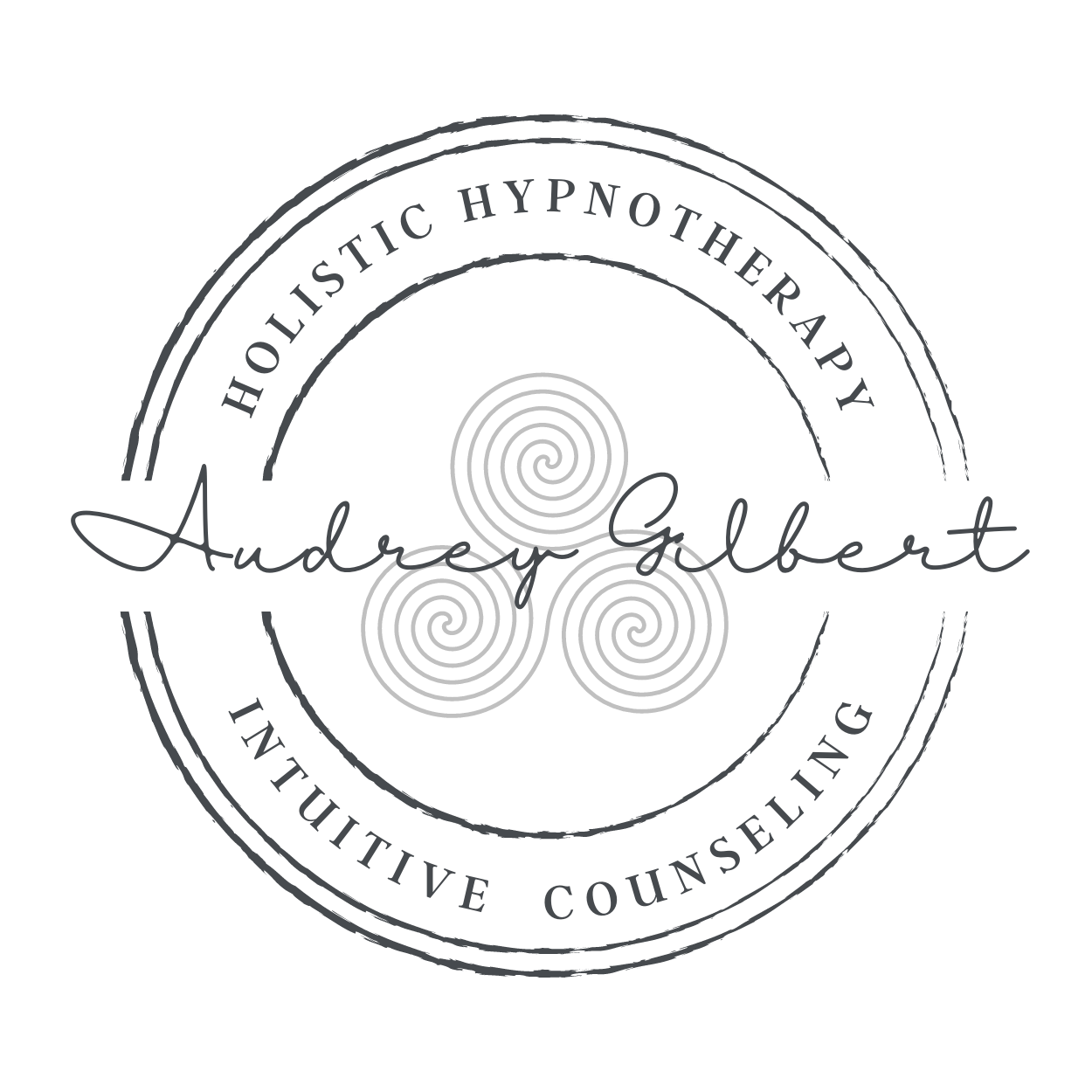My Thoughts on Psychedelic Therapy
Many people are familiar with Michael Pollan’s book How to Change Your Mind and the psychedelic revolution happening in the mental health field right now. I think these cultural shifts and changes in attitude toward plant medicines are positive overall, and I am excited to see where the future takes us. However, one of my missions in life is to help people experience the same mind-opening and mind-altering benefits without the need to use psychoactive substances.
There are so many natural, gentle, affordable or free, easy to access ways to alter your consciousness without the unpleasant side effects and risk of psychedelics. Breathwork, hypnosis, meditation, shamanic journeying, dream work, energy work, and non-psychedelic herbal therapeutics or some combination of these - these practices have been used for thousands of years to heal and treat common mental and physical ailments. These are not new fads or new age ‘snake oil’. These practices are part of the collective heritage of healing arts that first peoples and first cultures from every part of the globe have used in some form, and as such, they are our birthright. We are all born with the ability to self-heal. Sometimes it just takes the right circumstances, support, or conditions to initiate that natural self-healing process.
I enjoy helping my clients experience the subtle but powerful benefits of expanded states of consciousness on a daily basis in my office and online, in 60 or 90 minute windows of time. No government red tape, no underground or elicit trainings, no controlled substances required. True, hypnosis is not as glamorous or trendy as psychedelic therapy is in the public eye at present. It’s also true that many “natural” techniques like breathwork and meditation require patience and persistence to achieve long term results. But just as healthy diet and exercise are more effective than fad diets, learning to enter a deep meditative state at will and doing it at least once a day is going to have more benefits and is more sustainable type of mental health therapy in the long run than a one-off experience that blows your mind but lacks integration into your daily life.
While I support expanding safe access to plant medicines for therapeutic use, I am strongly skeptical of any “magic bullet” therapy that claims to fix a lifetime of negative mental conditioning in just a few short treatments. I am also deeply cautious about research on any kind of medication or substance that is funded, commodified, and controlled by a for-profit industry, no matter how altruistic their claims. On the other hand, I am also hyper aware of how broken our mental health system has become, and how great the need has grown for more affordable, effective, safe and scientifically validated treatments that offer relief in a shorter time frame than typical talk therapy can provide.
My wish for the future of the wellness industry and mental health care on the whole is this: as the stigma around mental health recedes, let’s also de-stigmatize holistic approaches and bring other “alternative” healing practices like hypnosis into the mainstream. Let’s normalize a weekly hypnotherapy appointment as part of our regular self-care. Let’s demand health insurance cover these science-backed methods like hypnotherapy so more people can have regular access to this kind of care that is proven to help individuals reduce stress, manage pain, recover from trauma, reduce depression and anxiety and more. Let’s make the “mystical” less mysterious, and build these everyday mystical, awareness-enhancing practices into our lifestyles. Can you imagine a world in which this was normal?
I wish Michael Pollan would write a book about hypnosis! Perhaps then the tired old tropes of the stage performance hypnotist and the creepy, mind-controlling hypnotist stereotypes in films and television would finally give way to the truth that hypnosis is one of the most effective, safe, natural ways to heal the mind and body.


